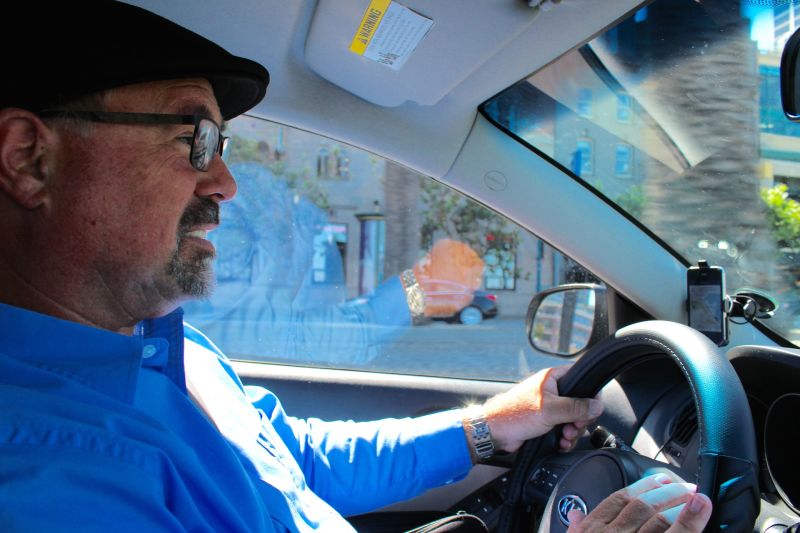A class-action lawsuit against Uber by drivers who claim they are employees and not independent contractors will be expanded to include thousands of additional drivers, a federal judge ruled Wednesday.
Judge Edward Chen certified the lawsuit as a class action in September, but excluded drivers who signed recent contracts and did not opt out of an arbitration agreement.
At the time, an Uber spokeswoman interpreted the certification as affecting only "a tiny fraction of the class that the plaintiffs were seeking.”
But Chen said the arbitration clause is unenforceable and expanded the suit to include all UberBlack, UberX and UberSUV drivers who signed up to drive with the company at any time since 2009. Limousine drivers were not included.
The judge also certified as a class action the drivers' attempt to get reimbursed for vehicle-related and cellphone expenses.
